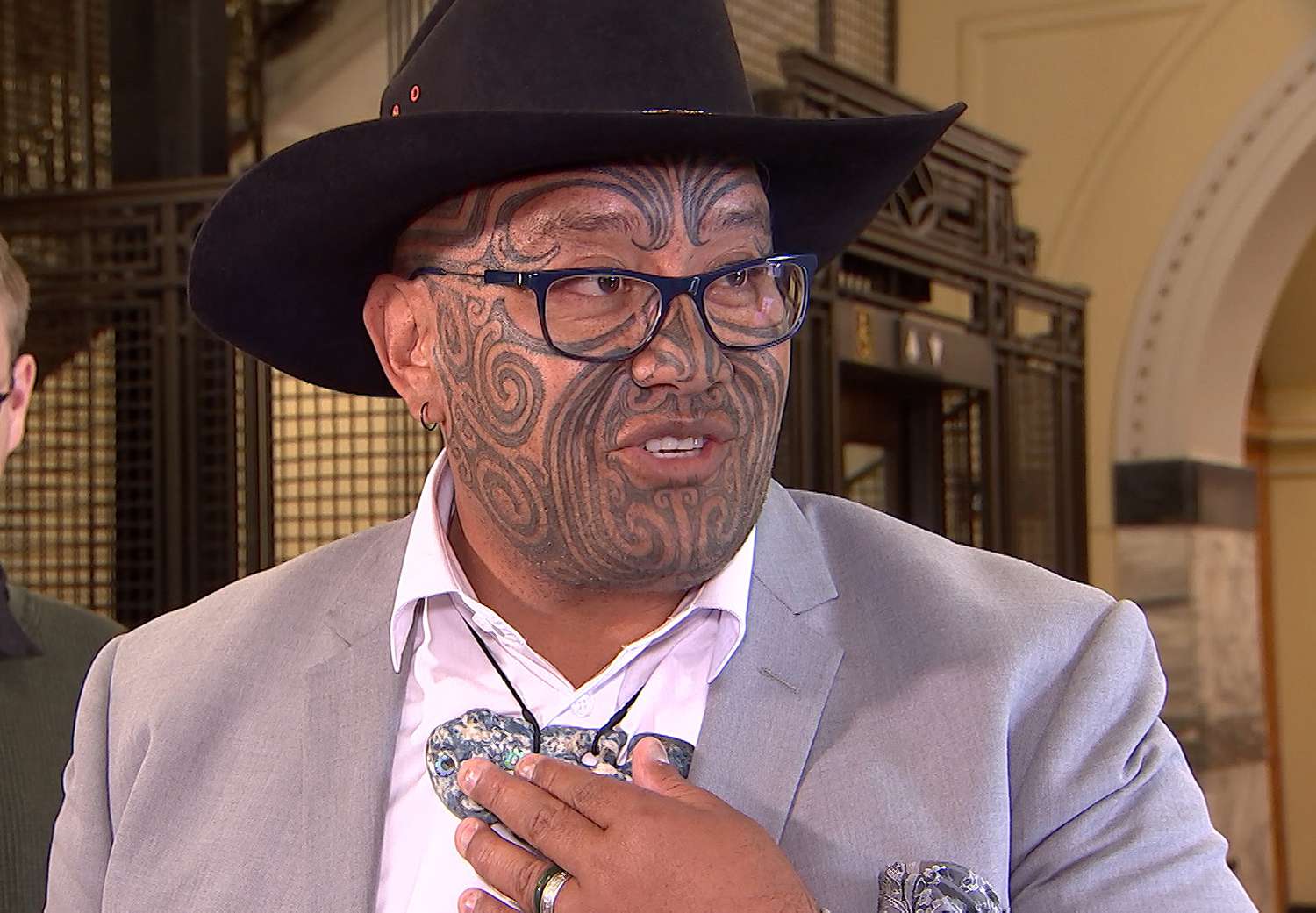New Zealand Lawmaker Criticizes ‘Colonial’ Dress Code After Being Ejected For Not Wearing Specific Necktie
A New Zealand lawmaker sparked debate and international headlines this week after he criticized a parliamentary requirement that lawmakers there must wear neckties, calling the rule discriminatory and systematically racist.
Reuters reported that Rawiri Waititi, the co-leader of the country's Maori Party, which represents the indigenous Maori population in New Zealand's government, was kicked out of the government's debate chamber on Tuesday for not wearing a specific kind of necktie.
"Maori have not been treated equal in its own country and indigenous people all over the world have been subjected to discrimination due to racist systems that keep our peoples in second place," Waititi told reporters afterwards.
Speaker Trevor Mallard had twice stopped Waititi from speaking on the debate floor because of the rule, according to Reuters. Mallard then ejected him from the chamber when he tried to continue speaking.
Waititi, 40, was wearing a green Maori pendant around his neck, called a hei tiki. According to Reuters, Mallard said he agreed neckties were outdated but that the chamber's majority had voted on keeping the rule.
"It's not about ties, it's about cultural identity, mate," Waititi reportedly said while leaving the chamber.
He has called neckties "a colonial noose," according to Reuters.
New Zealand Prime Minister Jacinda Ardern told reporters she doesn't think lawmakers should be required to wear certain kinds of ties but that the issue shouldn't be a primary focus of the government.
"I don't think New Zealanders care about ties," the prime minster said, according to the BBC.
The governing body changed its requirements on neckties on Wednesday, The Washington Post reported, and Waititi was allowed back in the debate chamber.
He told Reuters: "The noose has been taken off our necks, and we are now able to sing our songs."
The Maori representative's ejection sparked a debate on the rule about formal wear and whether such requirements were frivolous gatekeeping mechanisms rooted in racism.
The Maori community makes up about 15 percent of New Zealand's population, according to the Post. The Maori Party formed in 2004 when it broke off from the Labour Party in order to more directly represent the Maori voice in the country's government.
As Reuters notes, the parliament is more diverse than many other national bodies, with 21 percent Maori representation and almost 50 percent female representation.
"My hei-tiki is my tie of choice," Waititi, the Maori Party co-leader, tweeted after being ejected. "It ties me to my tīpuna, whenua, and people. We have made it known that this party will not be subjugated nor assimilated to dated colonial rules."
The hashtag #no2tie also trended, with many speaking out against similar dress requirements.
"Dissapointing [sic] the Speaker has set one precedent for some members of but not for everyone," Waititi tweeted. "Being told to leave the house because of my choice to wear hei-tiki as cultural business attire is absurd."
Source: Read Full Article



